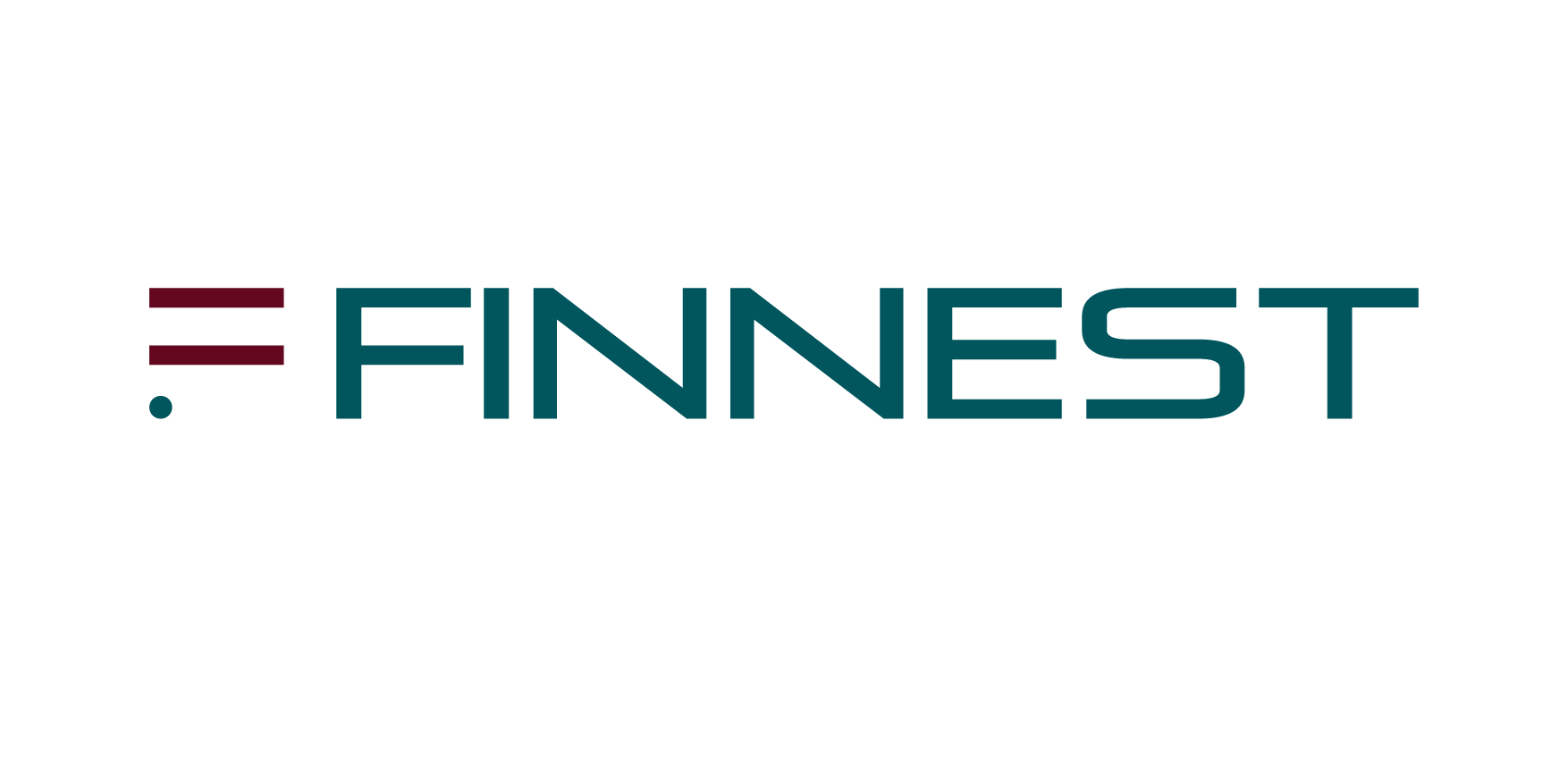Introduction
For many Indian families, income isn’t always documented through salary slips or tax returns. Parents may run small businesses, earn from agriculture, or rely on rental income — all legitimate sources that rarely show up in ITR filings. But when it’s time to apply for an education loan, this becomes a roadblock.
Traditional banks usually reject applications without income proof because they can’t assess repayment ability on paper. Yet, the reality is simple — many capable families are turned away for documentation reasons, not financial ones.
The good news? You can still get a legitimate education loan without ITR or salary proof. In this article, we’ll explain how — from using collateral and adding a co-applicant to exploring flexible NBFCs and alternate documentation routes that lenders and embassies both accept.
Why Lenders Ask for ITR and Income Proof
When you apply for an education loan, lenders aren’t just funding your studies — they’re betting on your ability to repay. Income proof and ITR (Income Tax Return) filings are their way to measure that risk.
Here’s why they matter to lenders:
- Proof of repayment capacity: ITRs show how much income your family earns annually and whether it’s steady enough to handle EMIs.
- Regulatory requirement: Banks follow RBI guidelines, which mandate income verification to prevent defaults.
- Risk evaluation: Consistent ITRs and payslips help lenders assess whether the co-applicant can cover EMIs while the student is studying.
But here’s the other side — a lack of ITR doesn’t necessarily mean a lack of income. Many families earn well through small businesses, agriculture, or rent, but don’t file formal tax returns. That’s where alternate documentation and flexible lenders come in.
Common Reasons Loan Applications Get Rejected Without ITR
When traditional banks reject education loan applications, it’s rarely about affordability — it’s about documentation gaps. Here are the most frequent reasons loans get denied when applicants don’t have ITRs or formal income proof:
1. Co-applicant Without Tax Filings
- Most banks require the co-applicant (usually a parent or guardian) to file ITRs for at least two consecutive years.
- Without this, the bank assumes unstable income and higher repayment risk.
2. No Verifiable Source of Income
- If there’s no salary slip, business registration, or financial statement, lenders have no way to validate the income source.
3. Limited or Irregular Bank Transactions
- Sparse or inconsistent transactions make it difficult to estimate earning capacity.
- Cash-based businesses often face this issue since deposits don’t always match actual income.
4. Applying to the Wrong Type of Lender
- Traditional banks are conservative. Applying to them without ITR almost guarantees rejection.
- Specialized NBFCs and fintech lenders, on the other hand, evaluate differently — but many applicants don’t know that.
5. Weak Co-Applicant Profile
- If both applicant and co-applicant lack formal documents, the case becomes high-risk.
- Lenders look for at least one financially verifiable guarantor.
Pro tip: Before applying, review your co-applicant’s financial profile. Even without ITR, consistent bank activity, collateral, or alternate income proof can keep your application strong.
Ways to Get an Education Loan Without ITR or Income Proof
Not having ITR or salary slips doesn’t close your options. You just need to approach the right type of lender and strengthen your profile in other ways. Here are the most effective routes:
1. Choose NBFCs and Private Lenders
NBFCs (Non-Banking Financial Companies) are far more flexible than public sector banks. They look at the bigger picture — your academic record, chosen course, and country of study — instead of relying solely on ITR.
Why this works:
- NBFCs use credit scores, bank statements, and university rankings to judge eligibility.
- Some focus entirely on education loans abroad and specialize in non-ITR cases.
Examples: Avanse, Auxilo, InCred, HDFC Credila, Prodigy Finance.
Ideal for: Students with strong academic profiles but informal-income families.
2. Use Collateral to Strengthen Your Case
Collateral-based (secured) loans reduce the lender’s risk, so banks are more open to approving them without ITR.
Acceptable collateral types:
- Residential or commercial property
- Fixed deposits (FDs)
- Life insurance policies with surrender value
- Government bonds
Why it helps:
Collateral gives lenders assurance even if your co-applicant’s income can’t be formally proven.
3. Add a Strong Co-Applicant or Guarantor
If your parent or guardian doesn’t have ITR, bring in another relative who does.
Who qualifies:
- A salaried employee with regular income proof
- A business owner or professional with filed tax returns
- A close family member willing to co-sign the loan
This strengthens your repayment assurance and builds lender confidence.
4. Submit Alternate Proof of Income
Even if you don’t have ITR, other documents can establish your financial credibility.
Acceptable alternatives:
- Business registration certificates
- Shop or trade licenses
- Rental income receipts or rent agreements
- Agricultural land ownership records
- 12-month bank statements showing regular deposits
These create a financial trail that lenders can use to validate your repayment ability.
Documentation Checklist for Non-ITR Applicants
Even without income tax returns, you can still build a strong loan file. What matters is showing consistent income flow and financial stability through alternate paperwork.
Here’s what your file should include:
1. Academic and Admission Proof
- Offer letter or admission confirmation from a recognized university
- Course fee structure or cost of study document
2. Identity and Address Proof
- Aadhaar card, PAN card, or passport (for both applicant and co-applicant)
3. Bank Statements
- Minimum 6 to 12 months of updated statements
- Should reflect regular transactions or deposits
4. Collateral Documents (if applicable)
- Property title deed and encumbrance certificate
- Fixed deposit receipts or life insurance papers
5. Alternate Income Proofs
- Business registration certificate or GST filings
- Rent receipts or registered lease agreements
- Proof of agricultural income (land ownership papers, sale receipts)
6. Co-Applicant Documents
- PAN card and ID proof
- Bank statements and any available income evidence (salary slip, business ledger, etc.)
Pro tip: Lenders care more about credibility than perfect paperwork. Combine multiple smaller documents — like rental receipts and bank deposits — to build a clear picture of financial strength.
Smart Tips to Increase Loan Approval Chances
When you apply for an education loan without ITR or formal income proof, you’re asking the lender to trust you based on alternate data. The stronger and more transparent that data looks, the better your chances.
Here’s how to strengthen your profile before applying:
1. Keep Your Bank Account Active
- Maintain regular deposits and digital transactions for at least six months.
- Lenders look for consistency and traceable inflows — it builds confidence in your repayment ability.
2. Avoid Applying to Multiple Lenders at Once
- Each loan application triggers a credit inquiry.
- Too many inquiries in a short time can lower your credit score and make lenders hesitant.
3. Build a Basic Credit History
- Take a small personal loan or credit card, use it responsibly, and repay on time.
- A credit score above 700 improves your approval odds, even without ITR.
4. Strengthen the Co-Applicant Profile
- Choose a co-applicant with steady transactions, assets, or government employment if possible.
- Their financial stability adds weight to your case.
5. Highlight Academic Merit
- Good grades and admission to a reputed foreign university help justify your future earning potential — a major factor for NBFCs and private lenders.
6. Seek Expert Assistance
- Consulting a study loan advisor (like Finnest.in) helps match your profile with lenders that already handle non-ITR cases.
How Finnest.in Helps Students Without ITR
For students whose parents or guardians don’t have ITR or salary proof, Finnest.in acts as the bridge between strict lending criteria and real-world financial realities. They specialize in helping students from non-salaried, self-employed, or informal-income families get access to legitimate, embassy-accepted education loans.
Here’s how they make it possible:
1. Connects You to the Right Lenders
- Finnest partners with NBFCs and financial institutions that are open to non-ITR profiles.
- They match your background, study destination, and course with the lender most likely to approve your case.
2. Builds a Strong Alternate Income Profile
- Their team helps gather and organize alternate income proofs — rental agreements, business records, or agricultural papers — to make your application lender-ready.
3. Simplifies Documentation
- From property papers to bank statements, Finnest ensures your loan file is complete and compliant.
- They also assist in preparing embassy-accepted sanction letters.
4. Offers Show Money and Visa Support
- For students who still need to meet embassy proof-of-funds requirements, Finnest provides short-term, legal show-money services that align with visa norms.
5. End-to-End Support
- They guide you from initial consultation to loan disbursement — even helping in reapplication if a bank has previously rejected your case.
By combining financial expertise with real-world understanding, Finnest helps students prove what documents can’t — that they’re capable, prepared, and ready for their global education journey.
Conclusion
A missing ITR or salary slip shouldn’t stop you from studying abroad. What matters is your genuine financial capacity — and how clearly you can show it to the lender. Many students secure education loans every year through NBFCs, collateral-backed loans, and alternate income proofs, even without formal documentation.
The key is knowing where to apply and how to present your profile. Lenders trust transparency and consistency more than paperwork.
With Finnest.in, students from non-salaried or self-employed families get expert support to build a strong loan application, connect with the right lenders, and secure embassy-ready sanction letters — turning documentation challenges into real opportunities.
FAQs
1. Can I get an education loan without ITR in India?
Yes. Several NBFCs and private lenders offer loans based on alternate income proof or collateral instead of ITR.
2. Is collateral mandatory for students without ITR?
Not always. Some NBFCs approve unsecured loans based on the student’s academic merit and co-applicant’s financial background.
3. What documents can replace ITR for loan approval?
Bank statements, business registration certificates, rental income receipts, or agricultural proof can all support your application.
4. Will the embassy accept my loan if I don’t have ITR?
Yes, as long as the sanction letter is issued by a recognized financial institution and clearly states tuition and living expense coverage.
5. How does Finnest.in help in such cases?
Finnest connects you to lenders who handle non-ITR cases, prepares compliant documentation, and provides complete loan-to-visa financial guidance.




